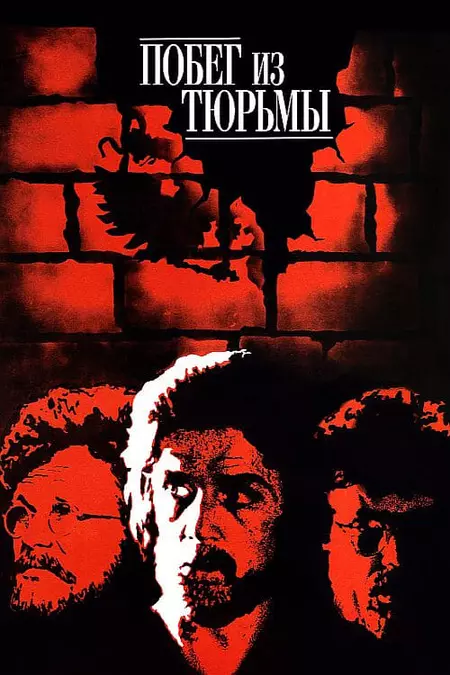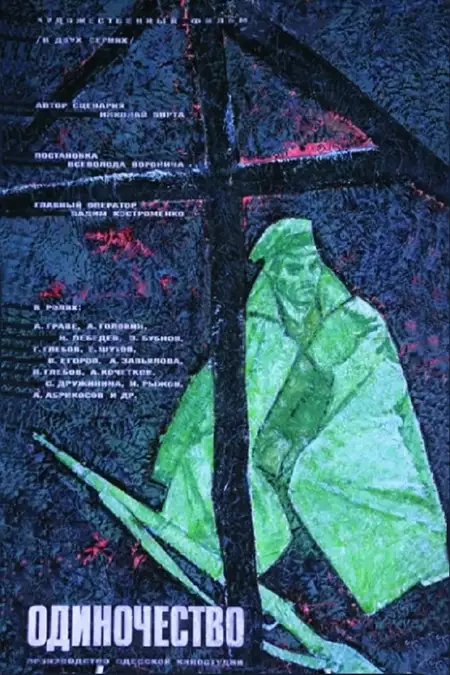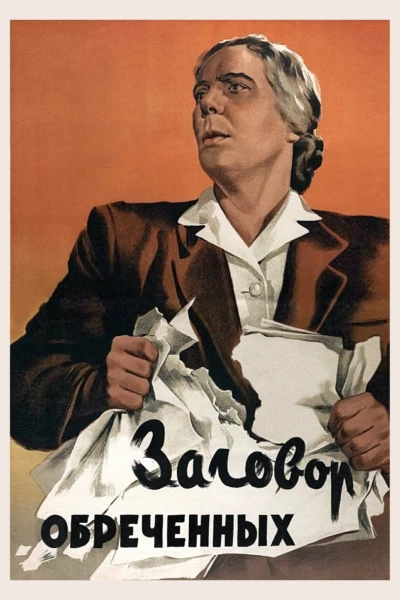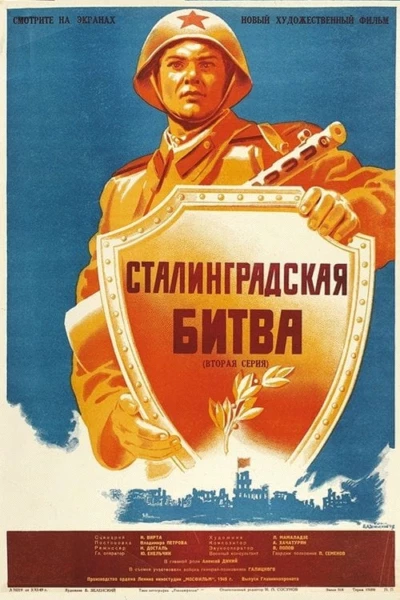Biography
(No Information)
Filmography
all 4
Movies 4
Writer 4
Information
Known ForWriting
GenderMale
Birthday1906-12-16
Deathday1976-01-01 (69 years old)
CitizenshipsSoviet Union
AwardsMedal "In Commemoration of the 800th Anniversary of Moscow", Medal "For the Defence of Leningrad", Medal "For the Victory over Germany in the Great Patriotic War 1941–1945", Medal "For the Defence of Stalingrad", Stalin Prize, Jubilee Medal "In Commemoration of the 100th Anniversary of the Birth of Vladimir Ilyich Lenin", Order of Lenin
This article uses material from Wikipedia.
Last updated:
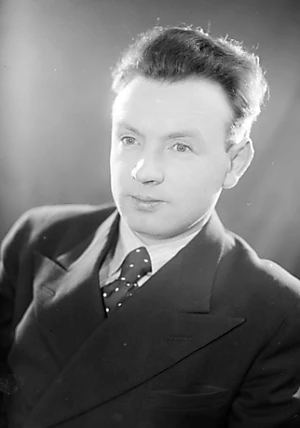 Nikolai Virta
Nikolai Virta- Filmography
- Information
